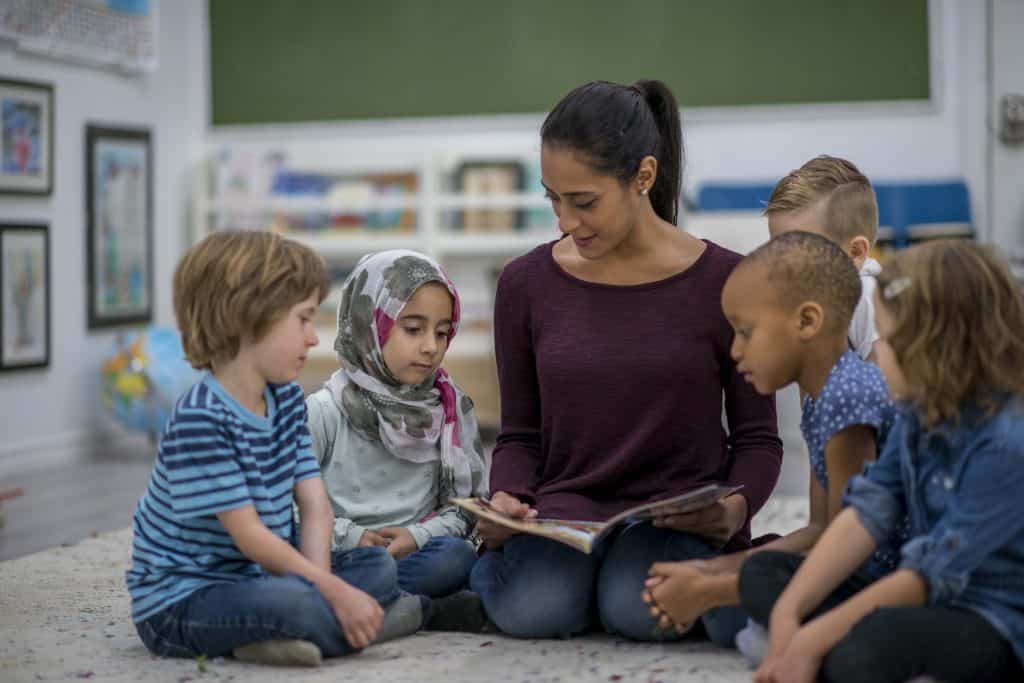Author:
Culturally responsive teaching goes beyond the insertion of diverse perspectives but involves weaving students’ lived experiences and cultural identities into learning. There is a necessity to make curricula relevant to Indigenous students and to inform non-Indigenous students on Indigenous histories, worldviews, and contributions (Howe, Johnson, & Te Momo, 2021).
India is incredibly diverse culturally, linguistically, and religiously. But the mainstream curriculum reflects the worldview of the dominant constituencies, marginalizing the voices and histories of marginalized groups something that I believe Canada does a better job of. Canada has stressed the importance of redressing historical wrongs perpetrated on the Indigenous peoples and seen efforts to include Indigenous knowledge in school curricula across the country.
Before entering to Canada, I thought I have to leave behind my Indian roots. However, during my first semester, I learned about the Philosophy and History of Education, where I was exposed to philosophers from around the world, including India. This experience solidified my belief in the importance of a culturally responsive curriculum and inclusion. I am also currently enrolled in Diversity: Constructing Social Realities, which explores systemic injustices and how to create more just environments. I have also seen the university hosting country festivals, allowing students to stay connected with their heritage. Culturally responsive pedagogy ensures social relationships and favorable learning atmosphere, which helps in improving students’ academic as well as personal development (Ragoonaden & Mueller, 2017).
Being culturally responsive is all about creating spaces where everyone feels seen, heard, and valued. I feel fortunate to be in a diverse class where we get to hear stories from various background pupils. This experience will allow me, as future teachers, to create inclusive spaces where everyone’s voice matters, like here in Canada we are allowed to speak and share stories related to our roots such as India. I would like to provide opportunities for students to share their cultural perspectives so that education becomes meaningful and transformative for all.
References:
Howe, E. R., Johnson, S., & Te Momo, F. (2021). Effective indigenization of curriculum in Canada and New Zealand: Towards culturally responsive pedagogies. Journal of Contemporary Issues in Education, 16(1).
Ragoonaden, K., & Mueller, L. (2017). Culturally responsive pedagogy: Indigenizing curriculum. Canadian Journal of Higher Education, 47(2), 22-46.

Hi Kavita, thanks for your sharing. In your article, you mentioned that the culturally pedagogy should insert the students’ lived experiences and culture identities. Then you talked about incorporating indigenous cultures into non-indigenous students. When you talk about leaving behind your Indian roots, I felt the same to some degree. However, when I came to Canada, I saw people from different countries, I saw different kinds of foods produced from various countries, and I also saw the different interesting ways of greetings. Even though they are from different areas, their love for the family is the same. They show affection to their children; they care for their parents, and they help their friends. I think that our culture just identifies our identity that we are from one same group, which give me a sense of belonging.
Hi Kavita! Thanks for your sincere sharing. You underlined the “involving students’ lived experiences and cultural identities into learning” part of culturally responsive teaching, and you think every student’s feelings matters, and everyone should be seen. I appreciate these points, which are not that well conducted in education systems in our countries compared to western countries like Canada and America. As future educators, we may acquire more cultural responsive teaching skills here and applied them in our country. However, except this part of cutural responsive education, do you think there are other parts of it we can conduct in the process of education?
You highlighted how surprised you were by having philosophies from other cultures embedded in the MEd courses. Canada is a multicultural country, and cultures need to be celebrated to create a welcoming society.